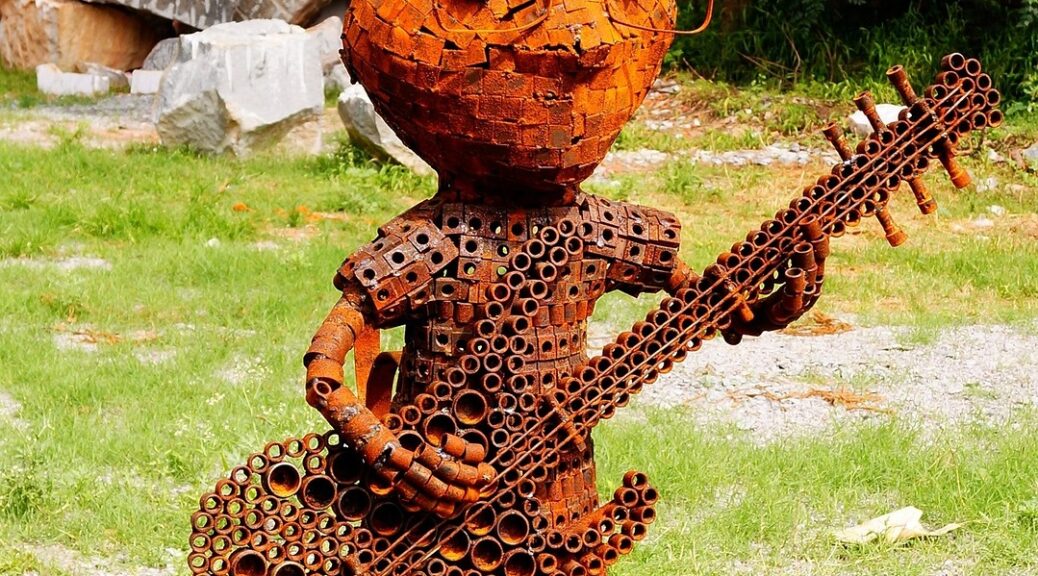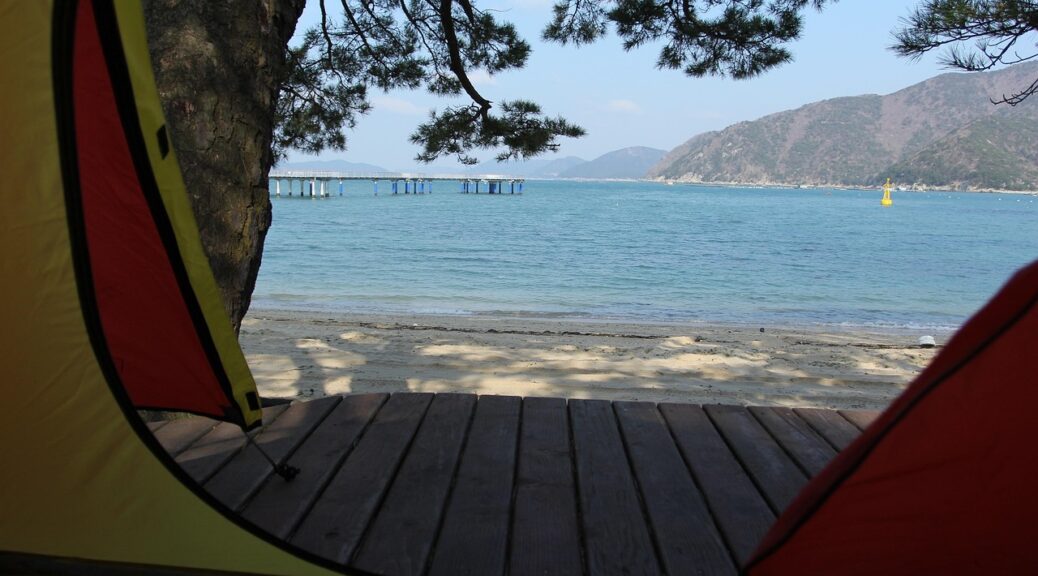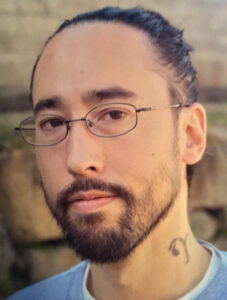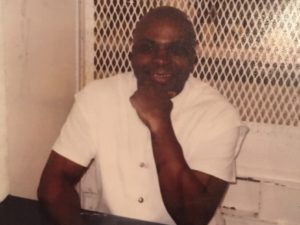Trash heaps of humanity – prisons are often thought of that way. Yet when these sprawling sites become recycling centers, those considered disposable climb up from under the heap remade and repurposed. These transformed individuals, ‘ambassadors of change’, provide a model for other recycling projects. There was a line from A Bronx Tale – “The saddest thing in life is wasted talent.” Prisons overflow with this distinct form of sadness – individuals with talent wasted by destructive choices.
Although prisons teem with wasted talent, there is a segment that rises above the waste of their past and circumstances. These individuals refuse to remain wasted, they dedicate themselves to radical change, and they build lives of impressive accomplishments and positive impact, inspiring others in prison to also dedicate themselves to this reclamation project. These ambassadors often come from a prison subgroup, those serving life without parole. Three of those lifers are Phil, Kwame, and Barry.
When Phil was first sentenced to life, he thought his life was over so change was pointless. Yet, despite a lack of meaningful incentives, a love of writing motivated him to become self-educated as he studied and strived to hone his craft. The writing pursuit and corresponding education produced a whole-person maturation.
Phil has since written dozens of books and numerous articles, been published in two legal journals and drafted a legislative mass incarceration reform proposal and bill for North Carolina that combats institutional violence. While editor of the Nash News, he was featured on the Criminal Podcast in an episode about prison newspapers. He spends his time writing to advocate for reform and positively influence his community. The reform bill he drafted has motivated numerous lifers to live a changed life and inspired many in prison to be their own advocates for reform.
Kwame, another ambassador, became a writer and trailblazer while incarcerated. Some would label him a product of his environment – a minority youth raised in an inner-city neighborhood plagued by poverty, drugs, and crime, who then ended up in prison. But that episode is not the entire story; it’s just the opening scene.
Kwame wrote one of the pioneering books in the urban fiction genre. Using stories of the streets familiar to him, he has written stories and created characters that helped others from a similar background feel understood and forced many who could not previously identify with the struggle of the inner-city better understand and empathize with the systemic challenges.
Kwame has now become a screenplay writer and movie producer. He also created and taught The Art of Storytelling, a creative writing class for the prison population, seemingly discernibly like the NYU professor he could have been.
Kwame – author, producer, ambassador of change – paved a path for others in prison to enter the urban fiction genre. He has created a legacy of possibility and a culture of writing that has been a catalyst for numerous others to change.
Barry, yet another ambassador, overcame a struggle with alcohol and substance use through a 12-step program. He was building a career as a project manager for a construction company – until he decided he had come far enough to have one drink. One drink turned into a pitcher, into several pitchers. A lot happened that night, a man lost his life and Barry was sentenced to LWOP.
Barry could have become bitter. Instead, he spent nearly twenty years helping others – a peer counselor in a substance abuse program, dog trainer, and now a Field Minister. He spends most of his time doing one-on-one counseling, helping guys work through problematic emotions, substance abuse, and grief by applying cognitive behavioral therapy (CBT) principles. He also teaches Thinking for a Change.
Barry is fulfilling his talent by becoming the counselor his neighbors need. The guys he has helped change then go on to convince others to change, to use CBT to face their troubles. The counselees, who overcome explosive anger, addiction, depression, and anxiety, have become ambassadors themselves.
These ambassadors prove the inherent potential for change within every person, including every incarcerated individual. These ambassadors light the darkness of prisons as beacons of hope to the incarcerated and beacons of possibility to society, to the many who think a person who lands on the trash heap can be only waste.
So, when people view the story of the young adult who robbed someone or even took a life, instead of thinking, ‘Throw them away’, remember these ambassadors. These recycled and repurposed individuals have transformed themselves and their lives, and now they influence others to change.
De Niro, R. (1993). A Bronx Tale. Savoy Pictures.
ABOUT THE WRITER. Timothy Johnson is serving a life without parole sentence. He has a Bachelor of Arts degree in Pastoral Ministry with a minor in Counseling from the College at Southeastern Baptist Theological Seminary; he serves as the editor for The Nash News, the first and longest running prison publication in NC; he was editor of Ambassadors in Exile, a journal/newsletter that represents the NCFMP; he is a co-author of Beneath Our Numbers; he has been published in the North Carolina Law Review, Hope for the Hopeless: The Prison Resources Repurposing Act ; and he is currently leading the effort to build NC Prison News Today, a statewide prison publication.
Recently, Timothy and Phillip Vance Smith, II, co-authored a piece for NC Newsline, which can be found here, and Timothy can also be heard on the Prison POD podcast on YouTube.
Just this month, Timothy as well as others were featured on a Tar Heel Traveler segment which can be seen here.
Mr. Johnson can be contacted at:
Timothy Johnson #0778428
Nash Correctional Institution
P.O. Box 247
Phoenix, MD 21131
Timothy Johnson can also be contacted via GettingOut.com
![]()











